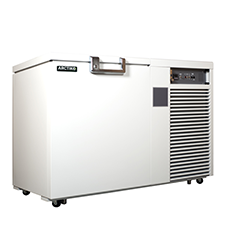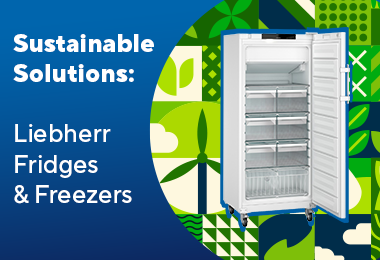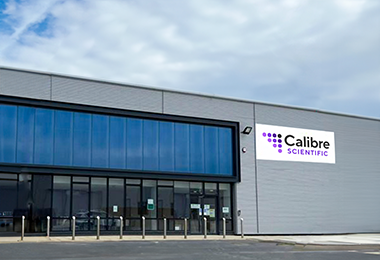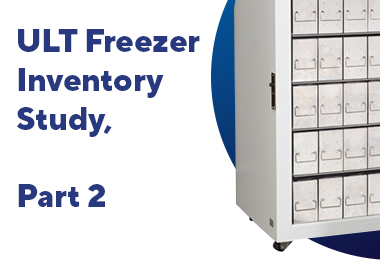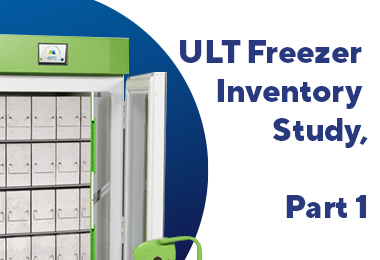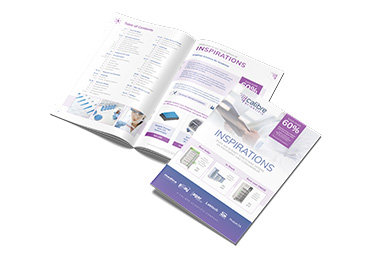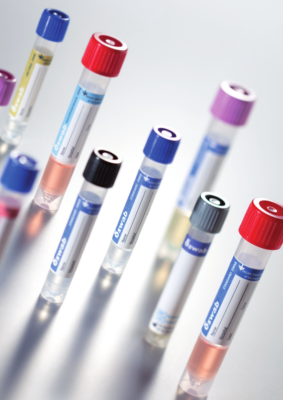Traditional liquid nitrogen (LN2) cryogenic freezers have played a key role in preserving biological samples in scientific research, healthcare and biotechnology fields for decades. However, technological advancements have made way for mechanical cryogenic freezers, which provide a safe, cost-effective, and convenient alternative. These -150 °C chest freezers are suitable for storing various biological specimens such as DNA, bone, bacteria, erythrocytes etc., but also test materials and some electronic products.
Safety advantages
In any laboratory, safety should be the top priority. Mechanical cryogenic freezers offer several key safety advantages over traditional LN2 storage systems.
Elimination of LN2 hazards
Explosions caused by pressure build-up, frostbite and asphyxiation are all potential risks associated with using LN2 in the lab. Mechanical cryogenic freezers mitigate these risks; using electric refrigeration systems, they eliminate the need for LN2 and facilitate a safer working environment.
Reduced risk of cross-contamination
During cryogenic storage, there is a risk that sample storage containers can break and/or leak. When stored in LN2 (liquid or vapour phase) cross-contamination can result. Sample integrity can also be affected if vials shrink and LN2 leaks in. The dry interior of a mechanical cryogenic freezer reduces the risk of cross-contamination and damage to sample integrity.
Good sample security
Much like traditional LN2 systems, mechanical freezers come with or can be fitted with various alarms and back-up systems to help safeguard samples. These advanced features improve sample security and reduce sample loss or deterioration due to temperature fluctuations or equipment malfunction.
At Medline Scientific, we collaborate with Arctiko to deliver long-term LN2-free cryogenic storage solutions. One such solution is the CRYO 230 mechanical freezer which features reliable TRUE DUAL™ technology: Two independent systems offer extra security. In the unlikely event that one refrigeration system fails, the second system will maintain a temperature of -130 °C.
Cost advantages
Reduced maintenance requirements
Traditional LN2 systems can be costly, requiring regular maintenance, monitoring, and filling of LN2, as well as the associated equipment and safety inspections. The system relies on regular LN2 supplies, plus safe LN2 storage and handling capabilities.
In comparison, an electric cryogenic freezer requires a regular service and reliable electricity supply. One added advantage of Arctiko’s cryogenic freezers is that they have a filterless construction. So, whilst some mechanical freezers require regular filter cleaning and replacement, the CRYO 230 further reduces maintenance requirements.
Lower operating costs
Mechanical cryogenic freezers operate using electricity which is usually more easily accessible than LN2. Using electricity rather than LN2 as a source of refrigeration should reduce ongoing operational costs within the lab and remove accessibility issues.
Arctiko’s CRYO 230 and long-term cost efficiency
Mechanical freezers can offer some ongoing efficiency benefits. To reduce the operating costs of their mechanical cryogenic freezers, Arctiko’s freezers are:
- Designed for long-term use
- Manufactured using durable components
- Efficiently insulated to minimises energy consumption
- Available with extended warranty options
To learn more about the mechanical cryogenic freezers available from Medline Scientific, please visit our product page.
Alternatively, you can contact us: enquiries@medlinescientific.com.

